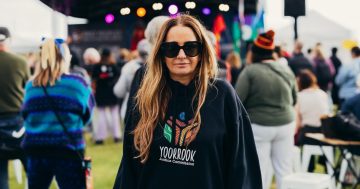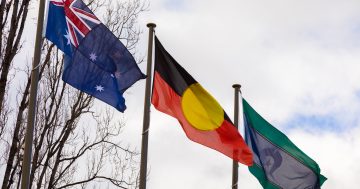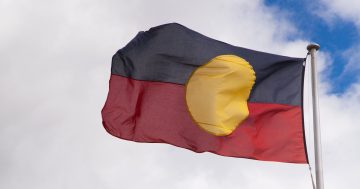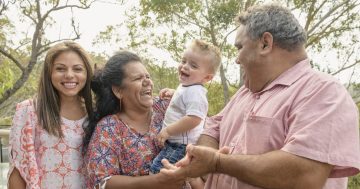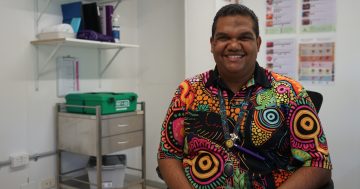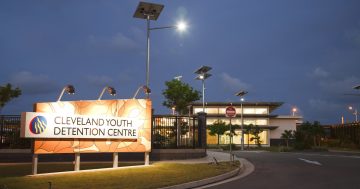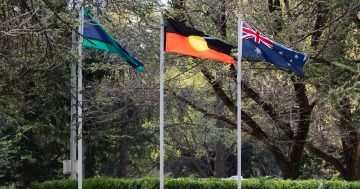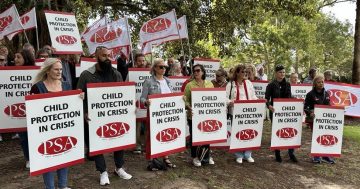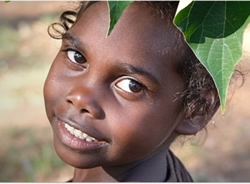 Data released by the Queensland Family and Child Commission (QFCC) has revealed the rates of over-representation of Aboriginal and Torres Strait Islander children in Queensland’s child protection system during 2021-22.
Data released by the Queensland Family and Child Commission (QFCC) has revealed the rates of over-representation of Aboriginal and Torres Strait Islander children in Queensland’s child protection system during 2021-22.
Commissioner for the QFCC and Gamilaraay woman, Natalie Lewis said that over-representation was monitored by comparing Queensland-wide and region-specific annual data showing the numbers of First Nations children entering and exiting the child protection system and the length of time they were in care.
“Our approach clearly identifies the points in Queensland’s system where we are and aren’t seeing progress, which is the key to informing solutions,” Ms Lewis said.
“To reduce over-representation, we need to see more Aboriginal and Torres Strait Islander children exiting care than entering; a reduction in the time a child spends in care, and more effort on reunifications with family.
She said that while the rate of over-representation grew in Queensland, consistent with the national trend, the QFCC monitoring approach identified pockets of positive change across the State.
This had largely resulted from the work of community-controlled organisations and new specialised teams within Child Safety focusing on kinship care.
“We are seeing more Aboriginal and Torres Strait Islander children successfully reunified with their families, increasing from 172 children in 2020-21 to 193 children in 2021-22,” Ms Lewis said.
“Continued connection to family, community and culture is critical to nurturing the wellbeing of a First Nations child, which is why we were encouraged to see the number of Aboriginal and Torres Strait Islander children placed with kin increase across the State, from 1,228 in 2020-21 to 1,331 in 2021-22,” she said.
Of concern was an increase in the number of Aboriginal and Torres Strait Islander children placed in residential care homes across Queensland, increasing from 482 in 2019-20 and 587 in 2020-21 to 704 in 2021-22.
“This is an alarming trend, given residential care homes don’t honour a child’s right to be raised in their own culture, families, kinship networks and communities, which is critical to ensuring the safety and wellbeing of Aboriginal and Torres Strait Islander children,” Ms Lewis said.


